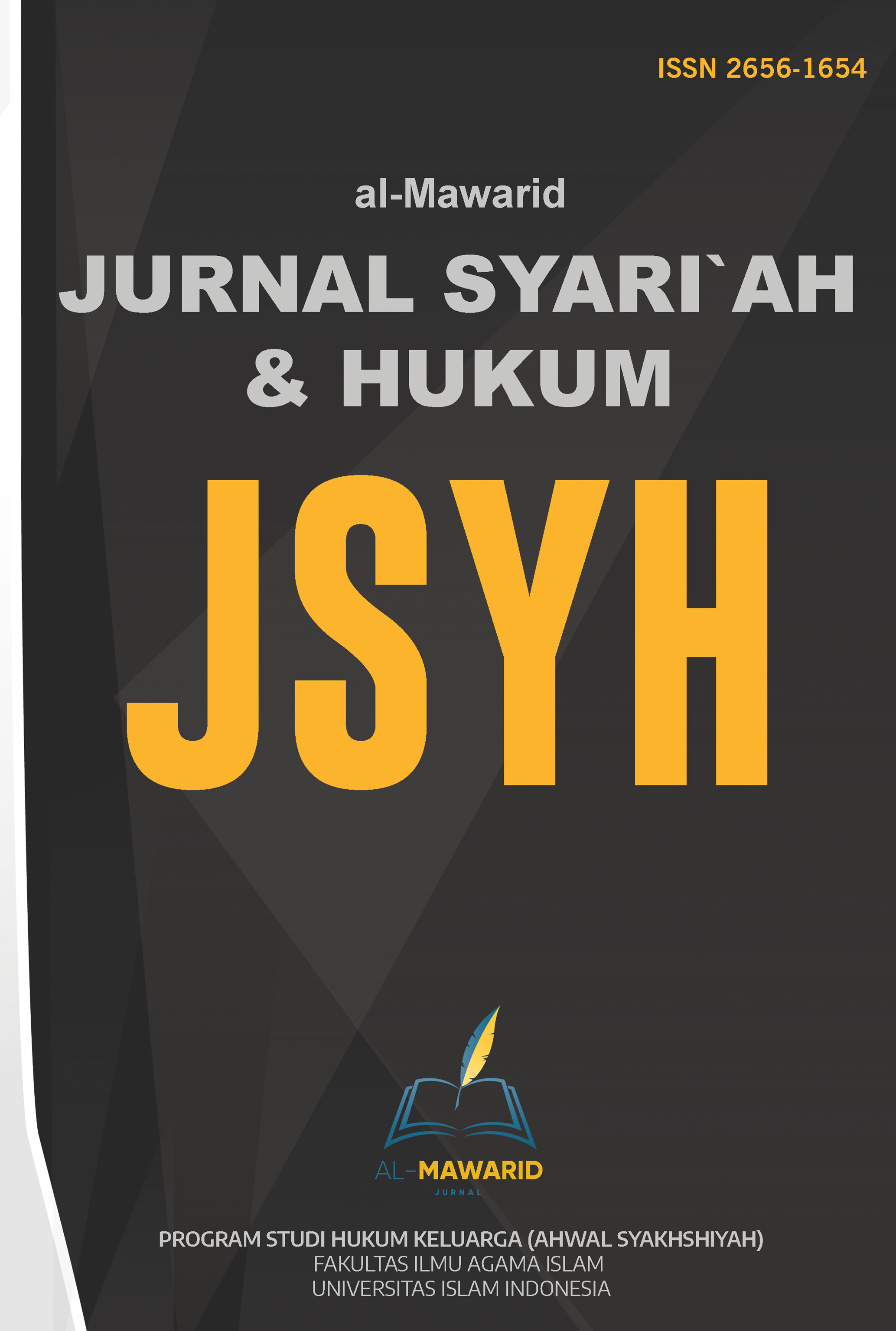Main Article Content
Abstract
This book discusses the ijtihad method between fatwa (legal maxim) of Dewan Syariah Nasional Majelis Ulama Indonesia or The National Sharia Council of the Indonesian Ulema Council (DSN MUI) and the fatwa of Middle Eastern scholars regarding Multi Level Marketing (MLM), with fiqh and ushul fiqh approaches. The method used by the researcher is comparative descriptive by exploring the fatwa of the DSN MUI by explaining the ijtihad method used and its correlation with positive law in Indonesia. The uniqueness of this book is that it specifically discusses the discourse of scholars on fatwas and MLM associated with fatwa of Middle Eastern scholars regarding MLM. These two different fatwas will most likely be different. The differences might be because of dissimilarities in social conditions, business entities and cultures.
Fatwas issued by the DSN MUI in the field of muamalah jurisprudence such as banking, insurance, capital markets and also sharia business, are more systematic and applicable to business actors compared to fatwas of Middle Eastern scholars which tend to only provide legal verdicts. Two fatwas regarding MLM have been issued by DSN MUI in 2009 and 2012, namely fatwa No. 75 / DSN MUI / VII / 2009 concerning Sharia Tiered Direct Selling (PLBS) and No. 83 / DSn MUI / VI / 2012 concerning Sharia Tiered Direct Selling (PLBS) Umrah Travel Services. Meanwhile, fatwa institutes of Saudi Arabia, Lajnah Daimah and Dar al-Ifta, Egypt, have issued fatwas on the prohibition of MLM as a whole, so there is a need for convergence in understanding the causes of these differences.
Article Details
- Authors retain copyright and grant the journal right of first publication with the work simultaneously licensed under a Creative Commons Attribution License that allows others to share the work with an acknowledgement of the work's authorship and initial publication in this journal.
- Authors are able to enter into separate, additional contractual arrangements for the non-exclusive distribution of the journal's published version of the work (e.g., post it to an institutional repository or publish it in a book), with an acknowledgement of its initial publication in this journal.
- Authors are permitted and encouraged to post their work online (e.g., in institutional repositories or on their website) prior to and during the submission process, as it can lead to productive exchanges, as well as earlier and greater citation of published work.
